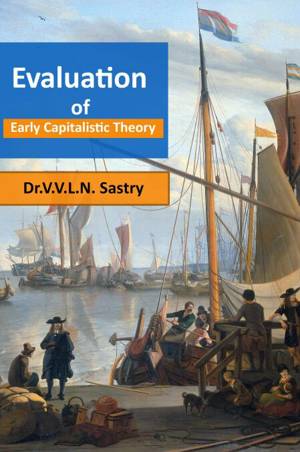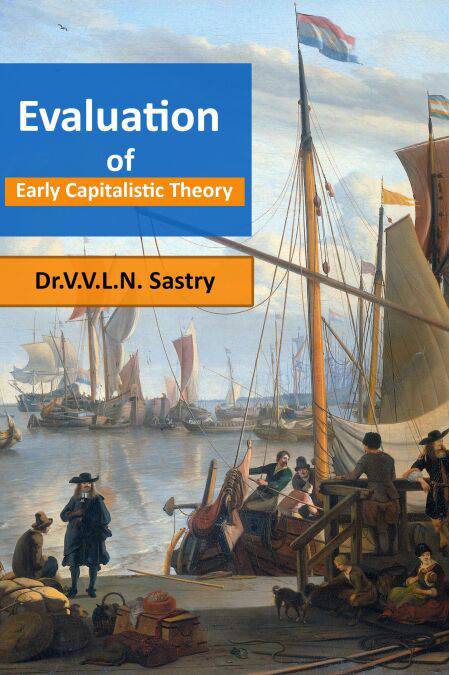
- Retrait gratuit dans votre magasin Club
- 7.000.000 titres dans notre catalogue
- Payer en toute sécurité
- Toujours un magasin près de chez vous
- Retrait gratuit dans votre magasin Club
- 7.000.0000 titres dans notre catalogue
- Payer en toute sécurité
- Toujours un magasin près de chez vous
Description
Capitalism is an indirect system of governance based on a multifaceted and constantly developing political bargain wherein private sector get sanctioned by a political power to possess and govern the usage of property for private advantage conditional on a set of rules and guidelines (Sutton, 2014). Employees get allowed to work for pays; capital is at liberty to make a return, and labor and capital are both permitted to go in and withdrawal from numerous lines of commerce. Capitalism depends on the valuing mechanism to balance demand and supply in markets, political authorities, and on the profit intention to distribute opportunities and capitals amid competing traders. In capitalist economy, the government and its agents get held responsible to offer physical safety for individuals and property along with the rules and guidelines (Sutton, 2015). Therefore, as in the early capitalism, it was and continues to be a mixture of two main economic and political phenomena which businesses run openly for profit and a lawful structure to guard and inspire the generation of profit. To understand better the early capitalism, we are going to evaluate Early Capitalistic Theory with critical analysis on Dutch Commerce and National Power, Hobbes's Challenge to the Traditions, Seeing the Invisible Hand, Adam Smith, Capitalism and Toleration, and Abundance or Equality.
Spécifications
Parties prenantes
- Auteur(s) :
- Editeur:
Contenu
- Langue:
- Anglais
Caractéristiques
- EAN:
- 9781393137214
- Date de parution :
- 18-11-20
- Format:
- Ebook
- Protection digitale:
- /
- Format numérique:
- ePub

Les avis
Nous publions uniquement les avis qui respectent les conditions requises. Consultez nos conditions pour les avis.






